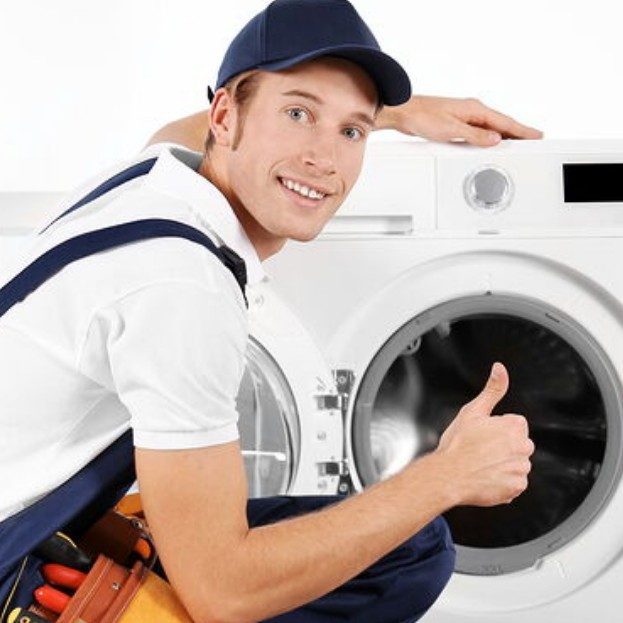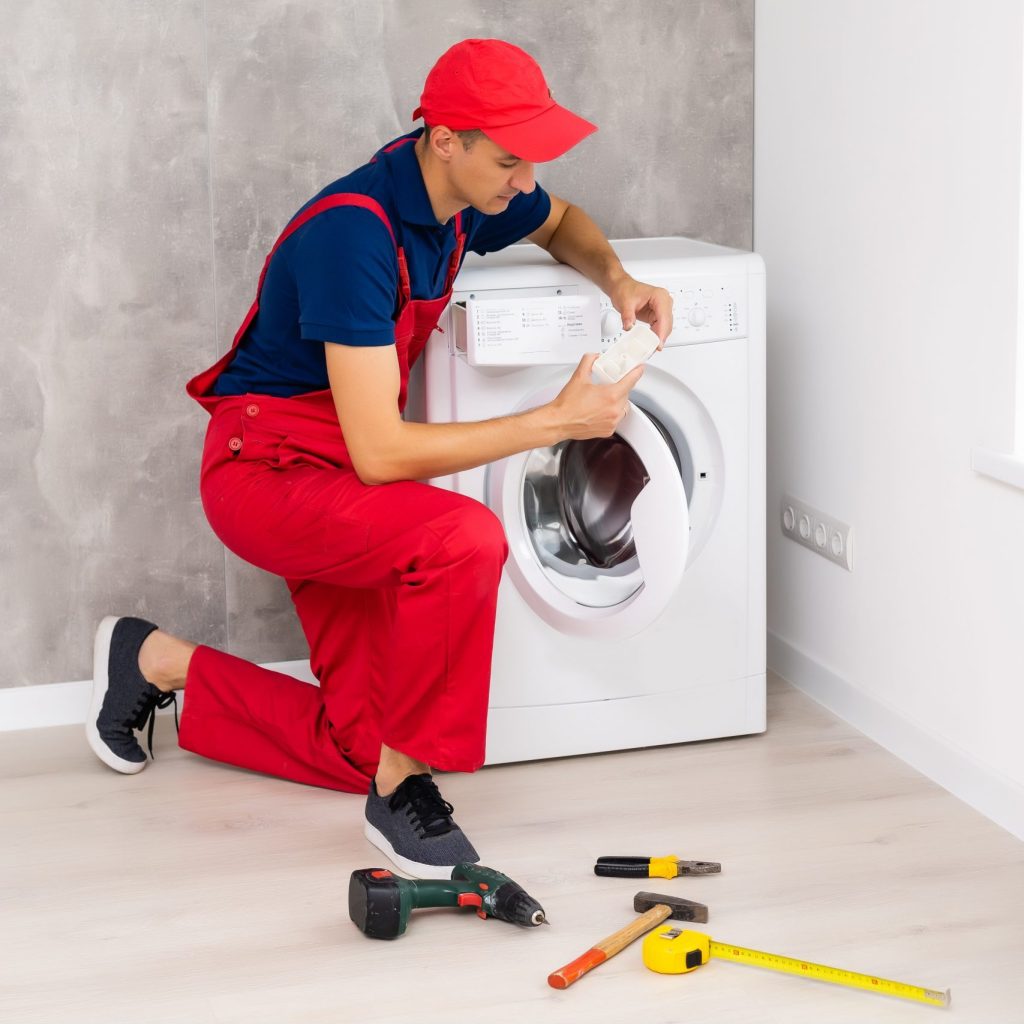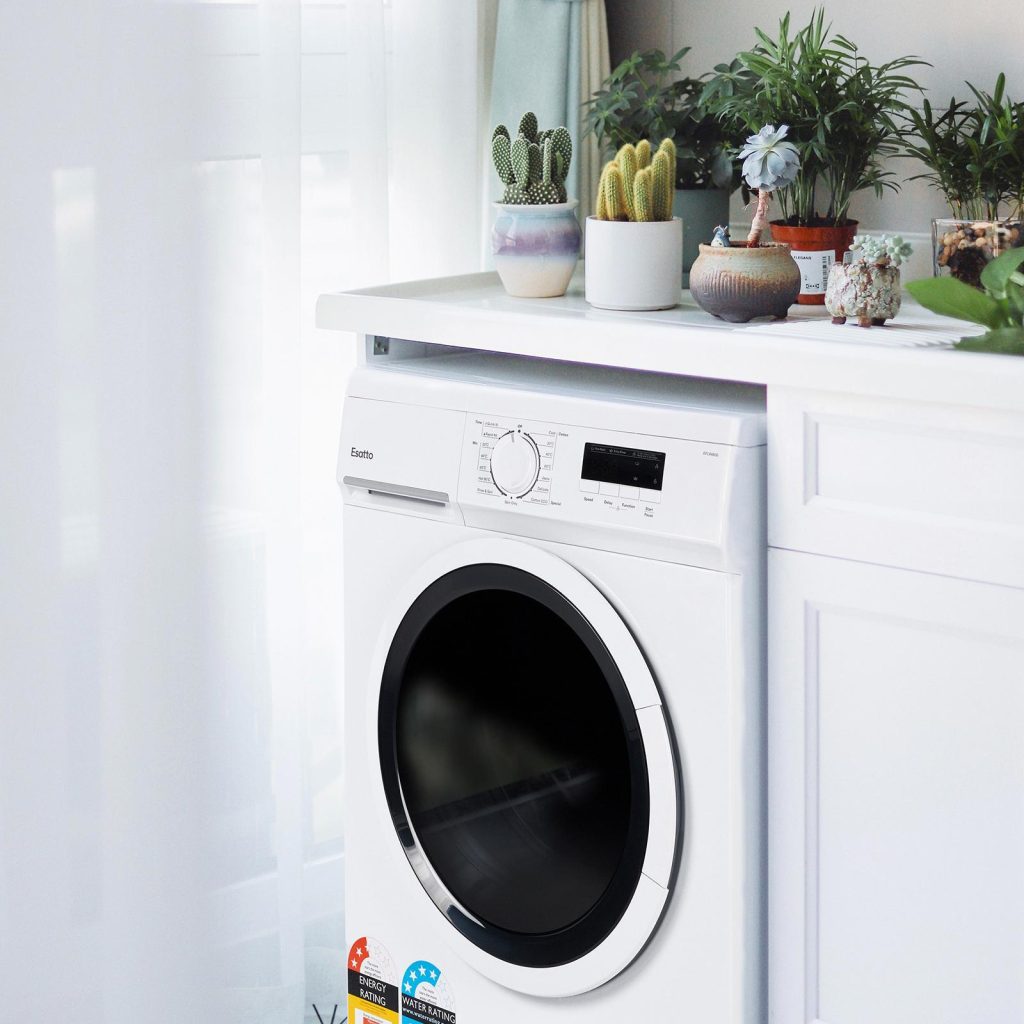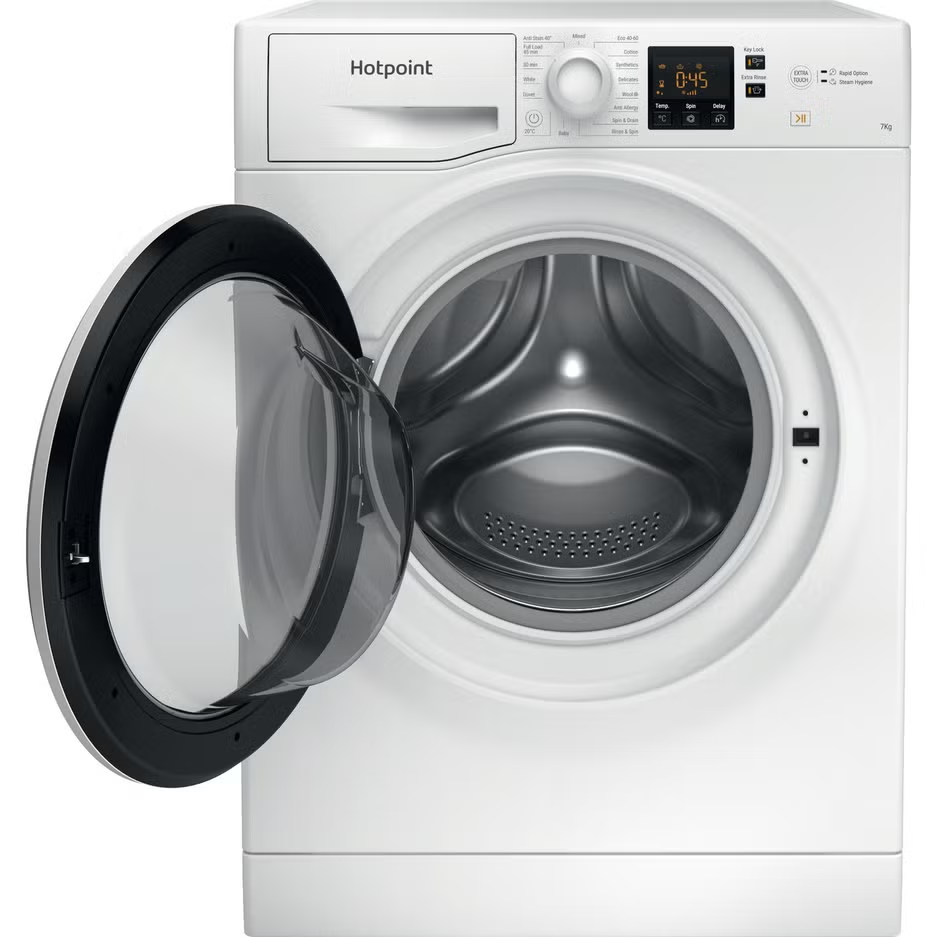How Much Does It Cost to Fix a Washing Machine?
Washing machines are essential appliances in most households, providing convenience and saving time when it comes to laundry day. However, like any other machine, they can experience issues that require repairs. When your washing machine breaks down, one of the first questions that comes to mind is, “how much does it cost to fix a washing machine?” The average repair cost varies widely based on several factors, including the type of problem, the model of the machine, and whether you choose to hire a professional or attempt a DIY fix.
Understanding Common Washing Machine Issues
Before we dive into the costs associated with repairs, it’s crucial to understand the common issues that washing machines encounter. Some frequent problems include:
1. No Power
One of the most simplistic yet frustrating problems you might face is when your washing machine doesn’t power on. Issues could range from a blown fuse or tripped circuit breaker to problems with the power cord or the machine’s internal control board.
2. Leaking Water
Water leaks can occur for several reasons, such as damaged hoses, faulty pumps, or worn-out door seals. Identifying the source of the leak is essential for determining repair costs.
3. Unbalanced Load
If your appliance operates but makes unusual noises or vibrations, the load inside might be unbalanced. While this issue may not necessitate a repair, if it occurs frequently, it may indicate an issue with the suspension springs or dampening straps.
4. Drum Won’t Spin
If you find yourself with a washing machine that isn’t spinning, it can be a sign of a broken belt, faulty motor, or issues with the drive system. This will often require professional assistance to fix.
5. Water Not Draining
When water does not drain, it could be due to a clogged hose, a malfunctioning pump, or issues with the drainage system. Diagnosing the problem correctly is crucial for effective repairs.
These issues can vary in severity and required repair techniques, significantly impacting the associated costs.
Factors Influencing Repair Costs
When wondering how much it costs to fix a washing machine, several factors come into play. Understanding these factors can help give you a better ballpark figure for your specific situation.
1. Type of Problem
The nature of the malfunction plays a significant role in the overall cost. Simpler problems, like a clog or a blown fuse, are generally less expensive to fix compared to complex issues such as a faulty motor or control board replacement.
2. Brand and Model
Different brands and models have varying parts availability, which can also affect repair costs. High-end models may use specialized parts that are more expensive than those for standard washers.
3. Labor Costs
When opting for a professional repair, labor costs can add up, especially if the problem requires significant time and effort. The cost of labor can vary based on the technician’s experience, geographic location, and demand for repair services.
4. Age of the Washing Machine
If your machine is older, finding replacement parts may become more challenging and pricey. Alternatively, older machines may have more prevalent issues, leading to costs that can accumulate over time.
5. DIY vs. Professional Repair
Deciding whether to attempt a DIY repair or hire a professional can influence your total costs. While DIY repairs can save money, they also carry the risk of deeper issues if the problem is misdiagnosed or improperly fixed.
Average Repair Costs
So, how much does it cost to fix a washing machine in general? Below is a breakdown of average repair costs based on common issues:
1. No Power
Repairing a power-related issue often requires minimal expenses. If it’s just a blown fuse or tripped breaker, your cost could be as low as $20-$50. If wiring issues or control board replacements are needed, costs can increase to $200 or more.
2. Leaking Water
Fixing a leak typically involves replacing hoses, seals, or pumps. Common repairs range from $100 to $300, depending on part costs and labor requirements.
3. Unbalanced Load
In many cases, an unbalanced load can be resolved with minor adjustments, potentially making this a free fix. However, if parts need replacing, expect to spend approximately $50 to $100.
4. Drum Won’t Spin
The repair costs for a drum that won’t spin can range from $100 to $400, depending on whether a simple belt replacement suffices or if a motor or drive assembly needs to be replaced.
5. Water Not Draining
If clogs are easily resolved, expect costs between $50 and $100. However, if the pump is broken and needs replacing, expect to pay between $150 and $300.
Benefits of Regular Maintenance
Understanding how much it costs to fix a washing machine is essential for budgeting; however, regular maintenance can also help prevent costly repairs. Here are some benefits of maintaining your machine:
1. Prolonged Lifespan
Regular maintenance helps extend the lifespan of your washing machine by catching and resolving minor issues before they escalate. This can save you considerable amounts in the long run.
2. Cost Savings
Preventive maintenance can save you more money over time compared to waiting until significant repairs are necessary. Keeping your machine in good condition can stave off costly repairs in the future.
3. Improved Efficiency
A well-maintained washing machine operates more efficiently, reducing energy usage. Efficient machines are generally more effective at cleaning clothes while using less water and electricity, ultimately lowering utility bills.
4. Peace of Mind
Knowing that your appliance is in good working order can provide peace of mind. Regular checks can minimize the chances of unexpected breakdowns.
Signs It’s Time to Call a Professional
While some repairs and maintenance tasks can be tackled through DIY methods, there are times when it’s wise to call in a professional. Below are some signs indicating it’s time to seek expert help.
1. Persistent Issues
If problems continue to arise despite your best efforts, it may signal underlying issues that require professional diagnostics and repairs.
2. Complex Problems
Certain problems, such as electrical malfunctions or significant mechanical failures, may exceed your skill level and require specialized knowledge and tools.
3. Safety Risks
If you notice smoke, burnt smells, or other hazards, it’s critical to stop using the appliance and consult a professional immediately for safety reasons.
4. Warranty Considerations
If your washing machine is still under warranty, enlisting a professional service is typically the best course, as unauthorized repairs may void the warranty.
DIY Repairs: When to Try It Yourself
If you’re keen to save costs on repairs, here are some instances when tackling problems yourself is feasible.
1. Minor Adjustments
Addressing simple issues like unbalanced loads or adjusting water levels can easily be managed without professional help.
2. Replacing Small Parts
If the problem involves limited replacement parts like hoses, belts, or seals, these can often be ordered online and installed with some guidance.
3. Utilizing Online Resources
Numerous resources, including tutorial videos and repair forums, are readily available to help guide you through various DIY repair processes.
While tackling repairs on your own can save money, it’s vital to have realistic expectations regarding your capabilities and comfort level.
 Making the Decision: Repair vs. Replace
Making the Decision: Repair vs. Replace
When contemplating how much it costs to fix a washing machine, consider whether it’s more prudent to repair or replace it altogether. Factors to weigh include:
1. Age of the Machine
If your washing machine is older than a decade, it might be reaching the end of its lifespan. Ongoing repairs may not be cost-effective when compared to investing in a newer model.
2. Frequency of Repairs
Should your machine require frequent repairs, it may be worth considering a replacement. Constant breakdowns can quickly add up, surpassing the cost of a new machine.
3. Energy Efficiency
Modern washing machines are typically more energy-efficient, potentially leading to lower utility costs and reduced environmental impact. Investing in a new machine may yield savings in the long run.
4. Advanced Features
If functionality and convenience are important, consider newer models with advanced features that can improve wash quality, energy consumption, and overall user experience.
Conclusion
In conclusion, the question of how much it costs to fix a washing machine is influenced by a variety of factors, including the specific problem at hand, the machine’s age and model, labor costs, and whether you choose DIY methods or professional services. By understanding the common issues, average repair costs, and the importance of regular maintenance, you can make informed decisions that ensure your washing machine remains operational for years to come. As with any major purchase, balancing repair costs against the value and longevity of the appliance is crucial when determining whether to fix or replace your washing machine.



